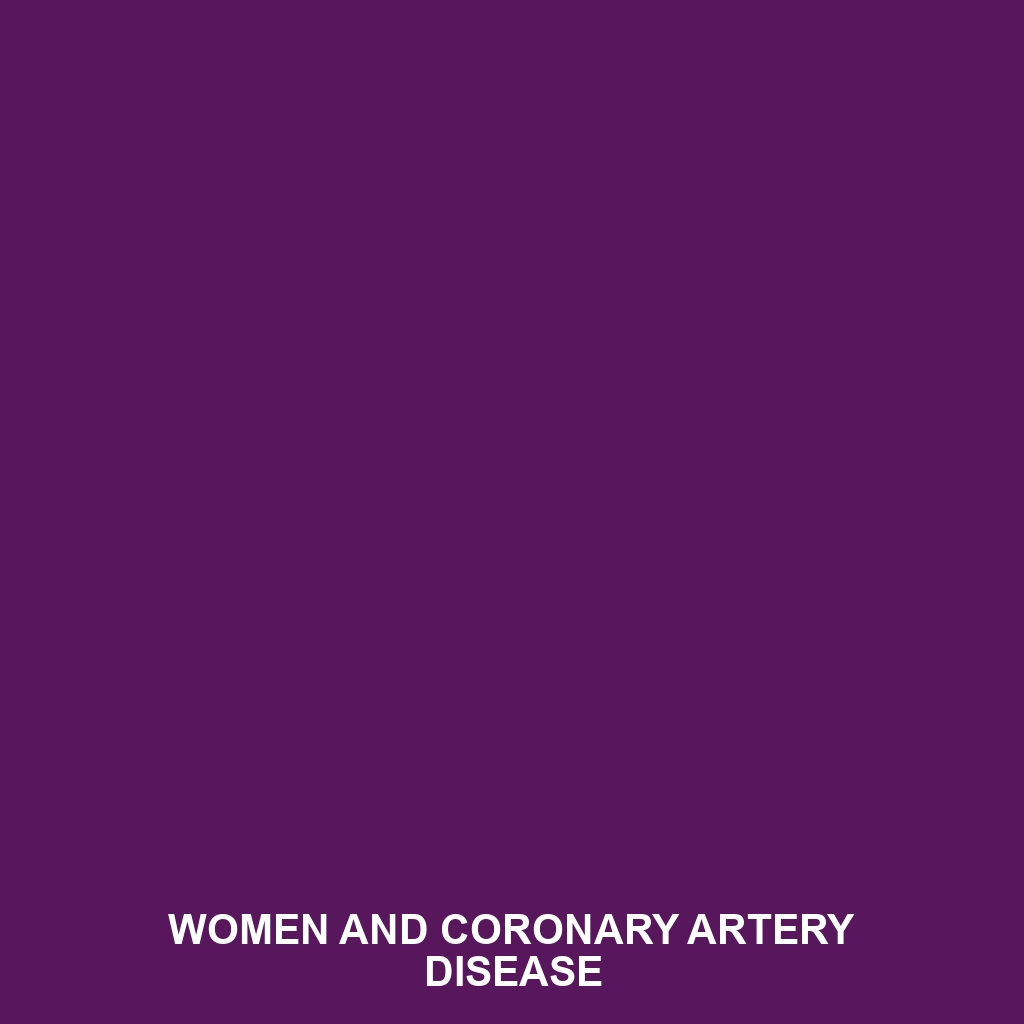Tag: electrocardiogram

Cardioplegic No.23(Induct 4:1) Solution
Explore the vital role of Cardioplegic No. 23 (Induct 4:1) Solution in cardiac surgery, where it induces controlled cardiac arrest to facilitate complex procedures like CABG and valve replacement. Discover its composition, associated risks, and preventive measures to promote heart health. Stay informed about the benefits and management of this essential surgical solution for improved…
